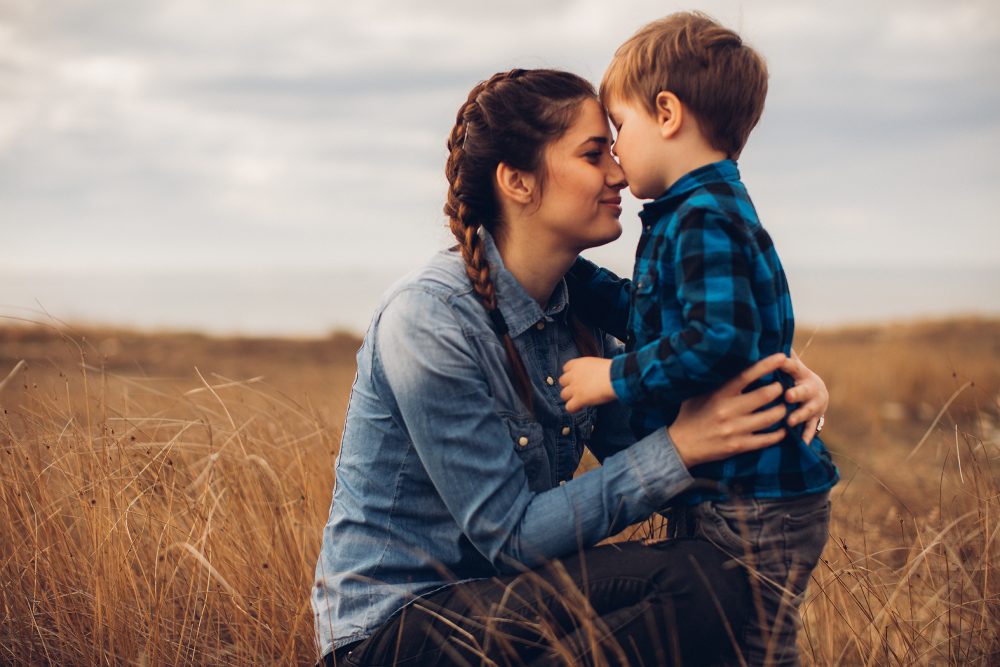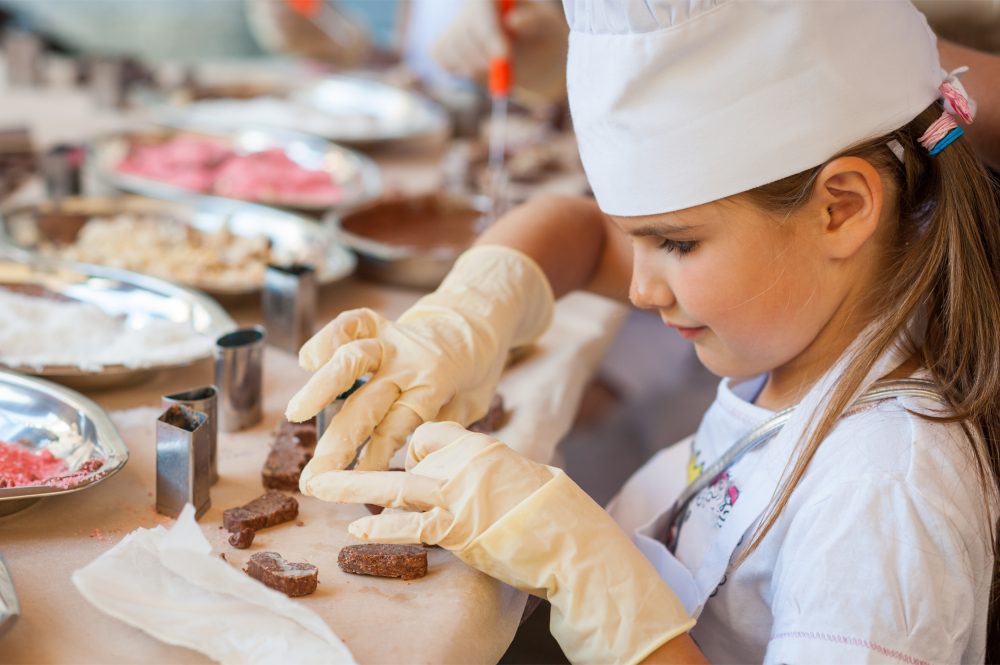by Carolyn Seri
Website – www.zingpinme.com
Facebook – zingpinme child psychology
COVID-19 has been a time of disruption and mixed emotions for many families. Household relationships have been put to the test far and wide with home schooling and having to spend an unusual amount of time together. As restrictions lift, school holidays draw to an end, there lingers the uncertainty of what the new year could bring. The dreaded “what if’s”, job loss, family breakdowns and the list unfortunately goes on. With added stress and anxiety in our daily lives there is bound to be an impact on the mental health within families.
Some common things we may see as parents are acting out, children being disrespectful or clingy, not wanting to separate from their care giver. These are all normal responses to stress and with some gentle guidance and support can be worked through and resolved.
Provide a secure base for your children
As parents we often see ‘acting out’ and oppositional behaviour as unhelpful or naughty. In actual fact, when children display these behaviours it often not to get negative attention. They are looking to an adult to help them understand what they need or are asking for a need to be met. This morning I was at the local pool with my 4-year-old where she had come equipped with her bright pink oversized unicorn floaty. The unicorn slipped from her grasp into the excited hands of our friend’s 2-year-old. There were tears, yelling and foot stomping. As a parent my immediate feeling was crankiness at this ridiculous bratty behaviour of my usually sweet child. I had a choice here, three actually. The first was to walk away and pretend this was not my child, the second was to react to her moody behaviour with my own crankiness at her over reaction and join in on the yelling and foot stomping or I could have walked over to my child and said “you’re sad right now because your unicorn slipped away and little Sophie is having a play,” “you want unicorn back in your arms right now and you don’t feel like sharing.” I could have said also “you know, it’s ok to feel angry about that, it’s ok to not want to share, but right now little baby Sophie is having a turn and you can cuddle me if you like.” Of course, this is what I chose, the tears and yelling soon calmed and my favourite 4-year-old cuddle followed. In no time baby Sophie was tired of the unicorn and guess who floated on by, it was unicorn. This is a secure base – I hear you, I see you and you matter. I am in charge but I am kind and firm at the same time. This kind of dialogue and calm can extend to many situations when parenting. I hope you are sitting here reading this thinking of what you may say or do in these first weeks back at school. You might be reflecting already on how you may do things differently just by understanding that behind the tantrum is a need waiting to be met. A deep breath from a caregiver and a gentle calm voice, that is also firm when needed, goes a long way to a calm caregiver and calm child.
Time for Reflection
With school returning it is a great time to reflect with children on the year that was and the unknowns of the year ahead. Allowing space for storytelling is a powerful way to process what was in the past and prepare us for what lays ahead. It’s as like writing a script that will be easy to access if thing don’t go according to plan. Use this in play for younger children, do some craft work. There are also a number of books about the pandamic. Queensland Health has put out a great series of books with their character Birdie – https://www.childrens.health.qld.gov.au/covid-19-birdie-virus/
Be more Playful
Being a playful parent builds connection and trust. The chemicals the brain releases when a child and parent play, sets them up to succeed. Play should happen often and daily. There should be planned play and consequential play. Play without electronics. Role play. Game play. Sensory play. There are so many ways to play, the list is extensive.
How can you use play to help your child cope with COVID-19 and the return to school?
- Create puppet shows to explain to children about important things they need to learn and understand about your family situation.
- Write your own family story book, the good and the bad.
- Engage in imagination play about the virus and how it has impacted your society. This helps younger children to have a framework to help them understand why they can’t do the things they want to do.
- Use slime and minute toys to demonstrate the spread of COVID-19 and keep the conversation going about the possibility of the school year not going to plan.
Be Accepting
When a child talks about feeling worried about school it is important not to dismiss their feelings and it’s not always to say everything will be ok, because sometimes it isn’t. Being untruthful can be unsettling for a child when they can clearly see things are not ok. If a child does have a valid worry try saying, “I see you are worried, that must be scary for you, it’s ok to worry, I am here for you.” You can also say, “It’s normal to feel worried, I also feel worried, but we are here together and we are going to be strong as a family.” These are just some examples you can build on.
Be Curious
When a child is scared or not coping the thinking and problem-solving parts of their brain are on snooze mode. The limbic system (survival brain) is in full swing. By being a curious parent, you can disarm the unhelpful thinking and behaviour with some simple actions just by being curious. An example you might use when a child tells you they are angry or scared about the virus and its impacts are, “tell me the thing that is most scary about the virus,” “what parts of being in lockdown have made you feel angry,” “tell me what you wish would happen to the virus.” By asking questions you help a child access their executive functions where they can be rational and apply their problem solving. It is important to use strengths-based language and be non-judgemental.
My 10-year-old daughter had developed a behaviour where she was asking every day if we have enough toilet paper. We had many trips to the toilet paper isle to help her settle this in her mind. But with some curiosity of what is the worst that can happen (and the points before of accepting and playfulness) we can get down to our last roll before having to get more. We must remember that children will react in their own ways to the hype created by the media. Having a kind but firm plan is helpful in moving forward.
Be Empathetic
From our own experience being human and parents we all know that empathy goes a long way. Sometimes you don’t need to solve the problem. By simply saying, “it’s ok to fell scared, it’s ok to have emotions.” “I feel sad when you are worried, can I do anything to support you? Would you like a hug or maybe a glass of water.” “Can I sit with you while you have this emotions so I can support you.”
These are just a few examples (adapted from the PACE model) of how to use these rich connection building strategies which will leave a child feeling supported and loved. Taking steps to being a supportive parent in these COVID-19 times with school returning is in your hands.

To view on YouTube:









